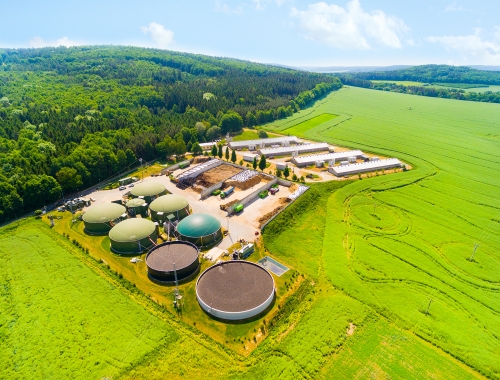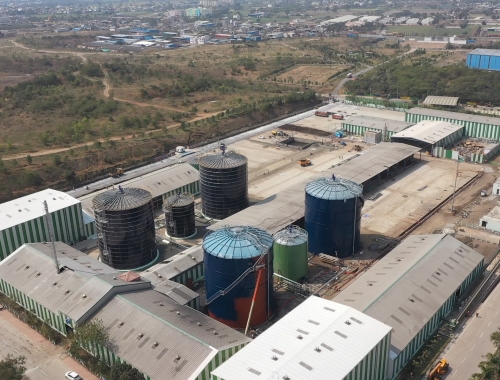Changes to gas grid needed to transport hydrogen : AEMC
SUMMARY
The recommendations pave the way for setting up national regulatory frameworks so that hydrogen blends and renewable gases can be safely supplied through the existing distribution systems.
By Shardul SharmaPOSTED IN:
The Australian Energy Market Commission (AEMC) has recommended that changes be made to the national gas and retail regulatory frameworks to enable the natural gas sector to use hydrogen and renewable gas to support Australia’s emissions reduction plans, it said on September 8.
The recommendations in the final report and accompanying proposed draft rules published by the AEMC are critical steps toward the development of a national hydrogen and renewable gas industry.
The AEMC’s recommendations pave the way for setting up national regulatory frameworks so that hydrogen blends and renewable gases can be safely supplied through the existing distribution systems to appliances in homes and businesses.
AEMC chair Anna Collyer said improvements to the regulatory framework will lay the foundations for the development of a decarbonised gas sector and keep Australia firmly at the forefront of reform in the hydrogen industry.
“From our perspective at the AEMC, hydrogen is fascinating because of the way it uniquely intersects with both gas and electricity markets. It’s a future source of renewable fuel, but it’s also set to become the largest industrial customer for electricity in the NEM’s history,” Collyer said.
Collyer said that hydrogen has the potential to deliver solutions for a net zero future, and “by extending the regulatory frameworks, we allow participants to develop their business and facilitate innovation.”
The AEMC’s final recommendations also aim to enable the safe supply of low-level blended gases and consumer protections including billing and pricing.
As well as outlining recommendations for an efficient, safe and secure framework, the final report also sets out recommended draft rule changes for the National Gas Rules and National Energy Retail Rules. These accompanying draft rules are intended to operationalise the policy recommendations.






